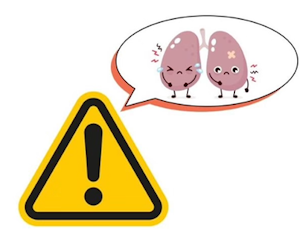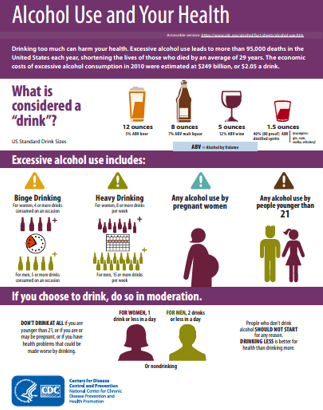Lung Care Program
A program for members with Chronic Obstructive Pulmonary Disease (COPD)

- We know you are taking action to care for your COPD. To help, our Lung Care Program gives you the following benefits:
- A Lung Care Team to support your health needs
- Health Education
Members with COPD are eligible for the Lung Care Program. Services are free and members can decline to participate at any time.
For more information about our Lung Care Program for COPD:
Call: 1-866-292-0010 (TTY 711)
Office hours: Monday to Friday, 8 a.m. to 5 p.m. PST
E-mail: populationhealth@prospectmedical.com
On this page:
Learn more about living with Chronic Obstructive Pulmonary Disease (COPD)

- COPD is a lifelong disease of the lungs that makes it hard to breath. COPD involves 2 main conditions:
- Emphysema – the tiny air sacs in the lungs become damaged making it harder for the lungs to move oxygen
- Chronic bronchitis – the airways in the lungs become inflamed and irritated causing mucus to build up
- There is no cure for COPD, but you can live your best life with an action plan and the right treatment.

- Often, COPD occurs in people aged 40 and over who:
- Have a history of smoking tobacco or years of exposure to secondhand smoke
- Have had years of exposure to lung irritants like chemical fumes, air pollution or dust
- Have a rare genetic condition called Alpha-1 antitrypsin (AAT) deficiency

- Symptoms of COPD get worse over time and include:
- Chest tightness
- Coughing more than usual
- Trouble breathing when doing usual activity
- More mucus or thicker mucus than usual
- Wheezing more than usual
- Take action! Contact your doctor if you feel symptoms that are worse than usual. In an emergency, dial 911.

- Take charge of your health with your doctor and create an action plan to:
- Take your medicines as prescribed
- Get to know your usual symptoms of COPD – it will help you catch unusual symptoms before they get worse
- Identify and avoid things that give you a COPD flare-up (or worse symptoms of COPD)
- Have a “rescue” inhaler on-hand – if you need to use it more than usual that’s a sign of an upcoming flareup
- Use breathing exercises to catch your breath
- Then, create an action plan to:
- See your doctor at least once every 6 months
- Update your written COPD action plan once a year
- Have a rescue pack prescription that is up to date
- Review how to use your inhalers once a year
- Clean your spacer/aerochamber as needed
- Avoid using tobacco and stay away from others who smoke
- Get your flu, pneumonia, and Covid-19 vaccines
- Be active and move daily

- Living with COPD may cause fear, stress and depression, but you are not alone. Choose to:
- Talk often about your concerns for managing COPD with your doctor and lung care team
- Seek help from family and friends for emotional support
- Join a support group and learn coping skills from others
- Ask for a referral to a counselor for depression if needed
- Complete and share your advance care planning documents with your doctor
Learn more about managing COPD with the following resources
- COPD and Smoking:
- Ten tips for quitting smoking
- Benefits of quitting smoking
- For more aid to help you quit call Kick It California at 1-800-300-8086 or visit www.kickitca.org.
- Kick It California in other languages:
- Spanish - Phone: 1-800-300-8191, Web: www.kickitca.org/es
- Chinese – Phone: 1-800-838-8917, Web: www.asiansmokersquitline.org/?lang=zh-hans
- Korean – Phone: 1-800-556-5564, Web: www.asiansmokersquitline.org/?lang=ko
- Vietnamese- Phone: 1-800-778-8440, Web: www.asiansmokersquitline.org/?lang=vi
Health education materials are posted with permission from authorized agencies and organizations. References for content on COPD: 2023 Gold COPD Guidelines, American Lung Association-COPD, NIH-COPD, CDC- COPD, Mayo Clinic- COPD, and COPD foundation.




 Create a COPD action plan -->
Create a COPD action plan --> Review how to use your inhalers -->
Review how to use your inhalers --> If you smoke, quit -->
If you smoke, quit --> Get Vaccinated -->
Get Vaccinated --> Choose healthier foods and cut down on added sugars -->
Choose healthier foods and cut down on added sugars --> Be active and move daily -->
Be active and move daily --> Take care of your mental health and wellbeing -->
Take care of your mental health and wellbeing --> Do not drink too much alcohol -->
Do not drink too much alcohol -->